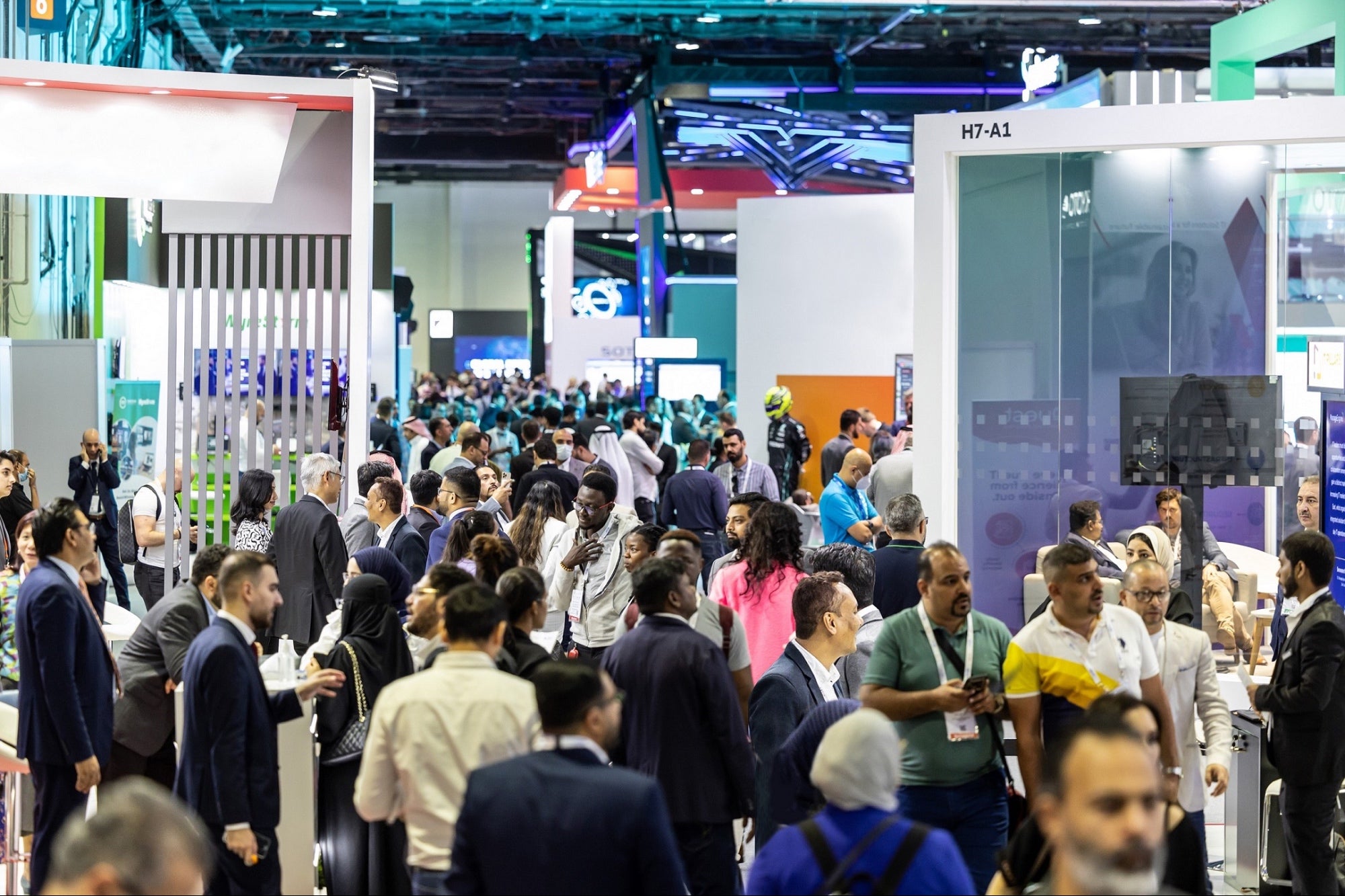Putting People First: The Future Of HR In "The New Normal"After two years of chaos, employees will want as much certainty about their work as possible, and to maximize what their work can give them to support their families and their new ambitions.
Opinions expressed by Entrepreneur contributors are their own.
You're reading Entrepreneur Middle East, an international franchise of Entrepreneur Media.

As we tentatively enter the age post the COVID-19 pandemic, feeling our way back into some sort of new normality, employers have to address the questions around what they must do tomotivate their employees, so that they might return to active work and excel themselves. After all, the workplace of the world has changed so much in the last two years that it is stating the obvious to say it will never be the same– but it is nevertheless true, and that means we must be prepared to change with it.
We must recognize the new uncertainties and ensure that we adapt to provide support, so that we retain staff and build loyalty. We must ensure that the employee packages we took for granted in attracting new and encouraging existing employees respond to the new expectations. We should also adapt to the new desires that periods of lockdown and home working have created around our understanding of the fragility of life, and what we want for ourselves and our families.
We must also recognize that as the pandemic is ending, we have been experiencing new attitudes developing around the difference between and within generations and genders in the workplace and wider society. All of these changes serve to make life more complex, but maybe simpler as well. It is complex as there are now so many variations and combinations that employees will want from their work, and simple in that the recognition of the importance of life in our work-life balance has reversed the literal priority tolife-work balance. Life is that precious!
Related:How The COVID-19 Crisis Has Made HR One Of The Most Important Jobs Today
But what does this all mean for HR professionals? We invited five top practitioners to give us their thoughts, and what was encouraging was how there was such a large degree of consensus about the approaches employers should now take, and where HR is heading across the MENA in the coming years. The key response to thenew reality is flexibility. After two years of chaos, employees will want as much certainty about their work as possible, and to maximize what their work can give them to support their families and their new ambitions. And yet to provide that certainty, it will require employers to be less predictable by being more flexible– because employees will want more personal packages that reflect their different (and probably competing) needs.
This means that while crafting standard packages for particular echelons (to encourage people to work towards gaining entry to higher echelons), there will be a need to have variety and choice within those packages to meet the demands that the different groups of people will aspire to. Some might want more time working from home, so they can be with and support their families. Some might want to have greater working time flexibility, so they can travel more and have many short breaks rather than a few long breaks. Some might be more concerned about their pensions, their healthcare benefits– everybody is different, so don't expect the same demands- even from twins!
The first step then is to actually find what your employees want, if they have new ambitions, if they have a new outlook on life, and what work means to them. Then, you can begin to plan. Has the shape of your workforce or staff complements changed? How many wish to work at home, and for how often, and if there are any jobs where it's really not practicable? How do youorganize teamsif they are not together? Only once you have done that can you begin to think how you can motivate them, provide the care and protection they need, and build a reward package. Finally, you need to roll it out, initially through standard packages, and then through individual discussions.
It's a challenge, and it's already April- time is running away from us already. But at least the pandemic is coming to an end, and we can plan for that. Now is a time of opportunity- you just need to be flexible to prosper.
Related:"The Great Resignation," And The Future Of The Workplace













